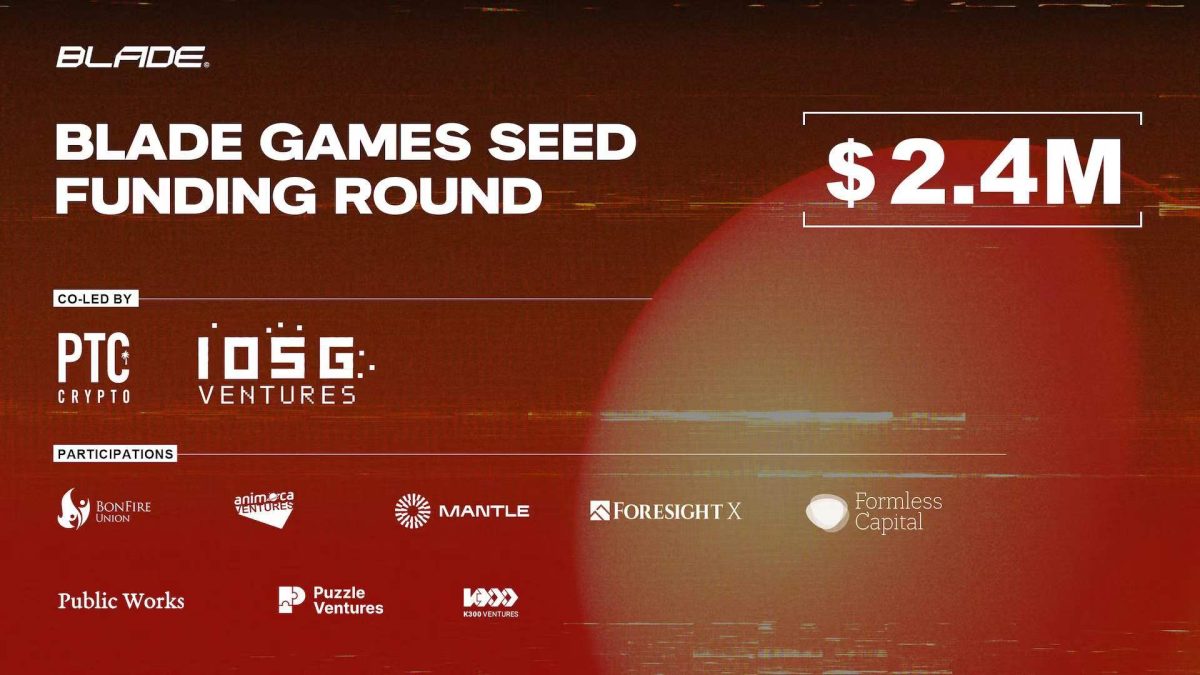Ex-NFL investor, Crypto Capital operator accused of $200,000 casino binge while awaiting sentencing in $800 million scam

Quick Take
- Reginald Fowler burned through $200,000 at Arizona casinos, prosecutors say.
- The feds want $800 million from him in compensation and forfeiture.

U.S. federal prosecutors are asking for a seven-year prison sentence for a former minority owner of the National Football League's Minnesota Vikings who pleaded guilty to running a crypto shadow bank that lost $850 million in customer funds it was holding for the Bitfinex exchange.
The hole in Bitfinex’s accounts became controversial when it emerged that Bitfinex was issuing loans — as opposed to cash — to Tether as reserve backing for its stablecoin.
Prosecutors are especially annoyed at Crypto Capital operator Reginald Fowler because in February, while he was awaiting sentencing, they say he went on a wild gambling spree and lost more than $200,000 at Arizona casinos, even though he owes former business partners $53 million.
Fowler will be sentenced today. In their letter to the judge asking for a prison sentence, prosecutors describe an outrageous scam that Fowler attempted to continue even after he knew he was under investigation.
Fowler provided crypto exchanges such as Bitfinex, Binance, CEX.io and QuadrigaCX with illegal access to U.S. banks even though Fowler did not have a banking license, prosecutors say. He was indicted in 2019 on charges of conspiracy to commit bank fraud, wire fraud and operating an unlicensed money transmission business.
Prosecutors are also seeking $53 million in restitution for his role in bankrupting a startup football league called the Alliance of American Football. They allege Fowler promised them a $53 million investment and a $120 million line of credit, but reneged on both promises leading to the collapse of the league.
They also want the forfeiture of $740 million — cash that ran through Crypto Capital on behalf of its exchange clients. In total, they’re seeking $793 million from Fowler, although they’re unlikely to ever see it.
'Black money scam'
But it is Fowler’s behavior while under investigation that is, perhaps, the strangest part of the case.
In 2016, he was stopped at the Canadian border carrying items commonly used in a “black money scam,” according to court filings by the prosecution. It’s not clear exactly what Fowler was intending to do, but usually a “black money scam” involves convincing a dupe to take a trove of banknotes that have apparently been stained with ink, as if they were snatched in a robbery that contained a dye pack. The promise is that if the dupe can clean the notes with a special chemical, they can share the newly washed loot. Of course, the notes are fake.
Two years later, the FBI raided his home and found $14,000 in counterfeit bills.
After he was charged in the Crypto Capital case, Fowler presented to the court a sketchy document that purported to show he had a money transmitting license from a “free industrial zone” in the Republic of Georgia. It was dated after the time he was charged.
Casino binge
Worse, as his sentencing date grew closer, Fowler appears to have gone on a gambling binge, prosecutors told the judge:
“The government has obtained records from a casino company in Arizona that indicate that during the pendency of the defendant’s criminal case, he has gambled hundreds of thousands of dollars. This gambling continued after his plea, and records the government has obtained from the company indicate that the defendant has continued to gamble until at least February 7, 2023, spending at least $200,000 in the period from October 3, 2022 until that date.”
“Every dollar the defendant has risked at these casinos is a dollar less likely to be paid to victims in restitution, and to the government in forfeiture. The government therefore respectfully requests that the court add a bail condition that bars the defendant from gambling.”
Fowler later agreed to a ban on him entering casinos.
Right now, Fowler says he has no money, no bank accounts and no lawyer. His last attorney quit because bills went unpaid.
“I have used all my assets. I put my properties up for bail. I can't get a bank account. We don't have any income. We can't get to the assets. I want to find a firm that understands that,” Fowler told a judge in November.
The Block contacted Fowler's most recent lawyer for comment.
© 2023 The Block. All Rights Reserved. This article is provided for informational purposes only. It is not offered or intended to be used as legal, tax, investment, financial, or other advice.

